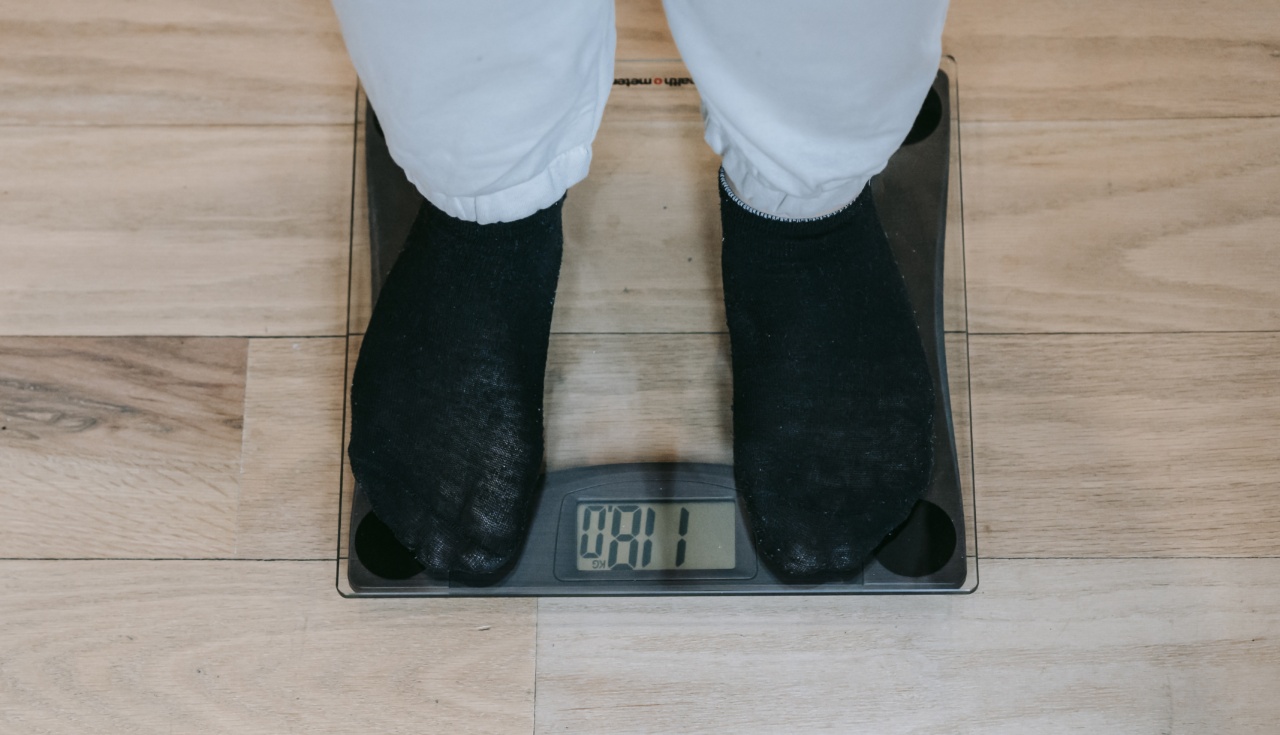When it comes to weight loss, nutrition plays a crucial role. Eating a well-balanced and nutritious diet can help you shed those unwanted pounds and achieve your weight loss goals. Here are the top 10 nutrition tips for weight loss you should follow.
1. Eat more protein
Protein is one of the most important nutrients for weight loss. It helps you feel full and satisfied, which can reduce your overall calorie consumption. Foods high in protein include lean meats, seafood, eggs, and dairy products.
If you’re vegetarian or vegan, you can get your protein from sources such as tofu, beans, and legumes.
2. Choose complex carbs over simple carbs
Complex carbohydrates are high in fiber and take longer to digest, keeping you feeling full for longer periods of time. Simple carbohydrates, on the other hand, are digested quickly and can cause a spike in blood sugar levels.
Choose complex carbohydrates such as whole grains, fruits, and vegetables over simple carbohydrates such as white bread, pasta, and candy.
3. Drink plenty of water
Drinking water can help you feel full and reduce your overall calorie intake. It also helps your body flush out toxins and improve digestion. Aim to drink at least 8 glasses of water a day.
If you find plain water boring, add a slice of lemon or lime for flavor.
4. Snack smart
Snacking can be a double-edged sword when it comes to weight loss. On one hand, it can help you keep your metabolism up and prevent overeating at meals. On the other hand, it can lead to consuming too many calories if you choose unhealthy options.
Choose healthy snacks such as fruit, nuts, or low-fat yogurt.
5. Cut back on sugar
Sugar is one of the biggest culprits when it comes to weight gain. It is found in many processed foods and beverages. Try to cut back on sugar by reading food labels and avoiding foods with added sugars.
Opt for natural sweeteners such as honey or maple syrup if you need a sweet fix.
6. Don’t skip meals
Skipping meals can actually lead to weight gain rather than weight loss. When you skip meals, your body goes into starvation mode and slows down your metabolism to conserve energy. This can lead to overeating at your next meal.
Make sure to eat three meals a day and snack smart in between meals.
7. Limit your alcohol intake
Alcohol is high in calories and can lead to weight gain if consumed in excess. Limit your alcohol intake to one drink per day for women and two drinks per day for men. Opt for lower calorie options such as light beer or wine spritzers.
8. Eat more fruits and vegetables
Fruits and vegetables are low in calories and high in nutrients, making them the perfect addition to any weight loss diet. Aim for five servings of fruits and vegetables per day. They can be eaten as snacks, added to salads, or incorporated into meals.
9. Monitor your portion sizes
Portion sizes can have a big impact on your calorie intake. Use smaller plates and bowls to help control your portions. If you’re eating out, consider splitting a meal or taking half home for leftovers.
10. Be mindful of your food choices
Being mindful of your food choices can help you make healthier choices and curb emotional eating. Take the time to savor your meals and pay attention to your hunger and fullness cues. Choose foods that nourish your body and provide sustainable energy.




























